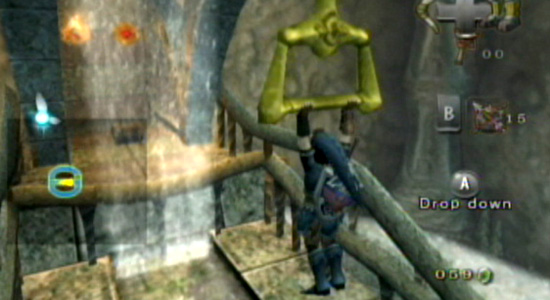
In this sad and telling passage from the quirky novel
How to Live Safely in a Science Fictional Universe we hear how Charles sees his position living inside a time machine as living “at the origin, at zero, neither present nor absent, a denial of self- and creature-hood to an arbitrarily small epsilon-delta limit.”
Then we get this interesting passage as to why Charles’ missing father created the time machine to have this function:
“Can you live your whole life at zero? Can you live your entire life in the exact point between comfort and discomfort? You can in this device. My father designed it that way. Don’t ask me why. If I knew the answer to that, I would know a whole lot of other things too. Things like why he left, where he is, what he’s doing, when he’s coming back, if he’s coming back.
[…]
I don’t miss him anymore. Most of the time, anyway. I want to. I wish I could but unfortunately, it’s true: time does heal. It will do so whether you like it or not, and there’s nothing anyone can do about it. If you’re not careful, time will take away everything that ever hurt you, everything you have ever lost, and replace it with knowledge. Time is a machine; it will convert your pain into experience. Raw data will be compiled, will be translated into a more comprehensible language. The individual events of your life will be transmuted into another substance called memory and in the mechanism something will be lost and you will never be able to reverse it, you will never again have the original moment back in its uncategorized, preprocessed state. It will force you to move on and you will not have a choice in the matter.” (All quotes from p.54, Atlantic Books Ltd, 2010)
Aside from this being an interestingly written (though morbid) paragraph of complex prose, what are some of the underlying ideas of the viewpoint portrayed and how might we interact with these?
Charles has made himself unknowable, a kind of island from reality. From this we see the dangers of empowering people with technology like time machines, and how people can be self-destructive due to trauma or depression.
His position is described as being “between comfort and discomfort”. This is where he chooses to live, avoiding living his life in the present. Do we not see people around us doing this psychologically, or practically – avoiding responsibility, or perhaps unable to cope with what is really happening? Or out of a sense of directionless-ness keeping on in the same dead-end situation, rather than making any changes in their lives? And doing all this as they see no end or outcome to their pain or life situation?
I love how the book’s author plays with tenses and scientific terminology and uses it as imagery in this book, but here it adds up to some quite bare truths. Here we see a mathematical methodical explanation of the pain of human experience, just laid out for us to stagger under the weight of it. Charles describes well the paradox of suffering, that we want people to matter to us and yet this could well bring us more pain, so that some suffering, even emotional turmoil, is desired as we seek to maintain our humanity and increase our love for others.
In the Christian faith, the way that pain is taken away is thankfully not for it to become trivialised or merely converted into data. No, instead, when God returns to remake the world it will be seen that all the pain of this world was an aching anguish for him to come. Pain is a profound and deep part of our experience as we wait for the God-man, Jesus Christ, to come again. And he will come and reward suffering people with his presence, wiping away the tears of pain with his love for us (Revelation 21).
Charles loses track of the days through his half- or non-living in the machine, but the experience for the Christian in eternity will be real living. God, who is outside time, promises to wrap up this world and its time, and create a new time, where things grow better and better for believers, every day, as we are eternally blessed by and get to know the depths of an eternal God. This view of time, exclusive to those in Christ’s lasting kingdom, is mind-blowing, purpose-giving and satisfying.












